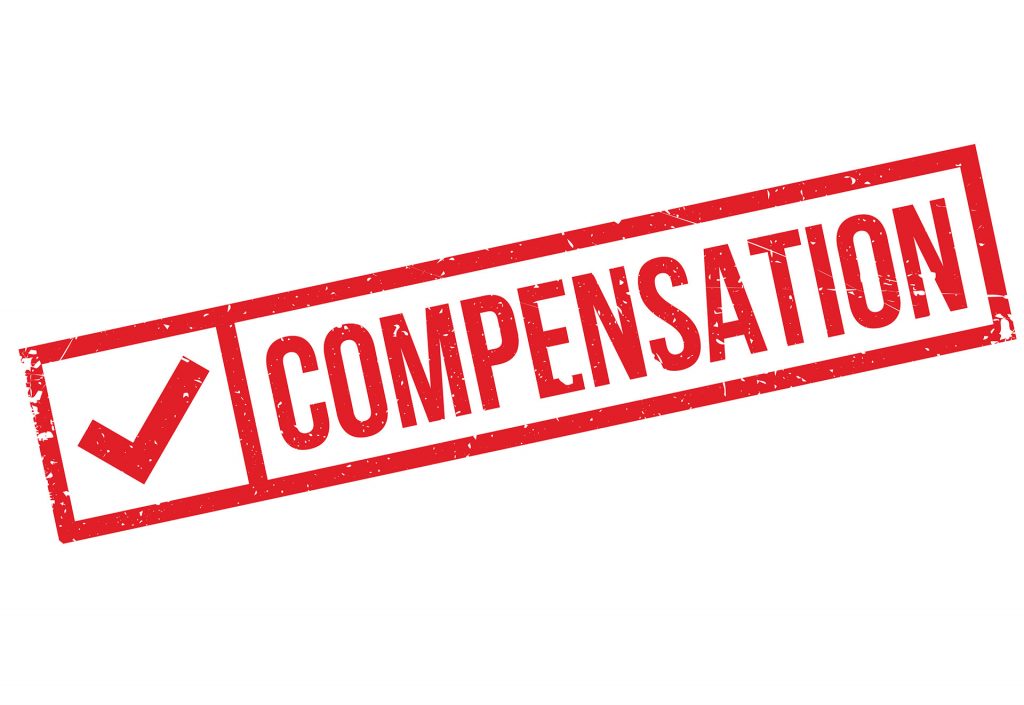Be it a slip and fall, a car accident, or some other type of personal injury that was sustained through no fault of your own, figuring out how you will be able to pay for your medical bills as well as recover money for lost wages and pain and suffering can be both stressful and confusing. When you are ready to move forward, here are the most important steps to take:
Preparing to Start a Personal Injury Claim
Obviously, the first thing you should be doing is taking care of your health. However, the clock does start ticking once the injury has occurred. Just how long you will have will depend on state guidelines. Keeping that in mind, there are a few things you can begin to do as soon as you are able:
- Collect Evidence – any information that can be gathered as close to the time of the accident will be helpful, such as photos of the accident or the situation that led to the injury. For instance, if you slipped on a wet floor at a store, you would ideally take a picture of the floor at the time of the accident to prove what happened.
- Write a Statement – today, pretty much everyone carries a smartphone, so put it to use recording your statement about how the accident happened as soon as possible and while all the facts are still fresh in your mind.
- Gather Contact Information – if police were called, much of this information will be in the report but if they are not, you will need to gather the contact information of any witnesses that saw the accident and/or injury that took place.
- Take Notes – when speaking to other people about the accident, take notes (again, you can use your phone to record, just get their permission in states where that is required).
How Long Do You Have to File a Lawsuit?
As stated above, this is largely going to depend on the state and whom you are suing. As a general rule of thumb, though, you will have somewhere between 30 days and one year to file your suit.
Hiring a Personal Injury Attorney
Hiring the right personal injury attorney is going to be key to ensure you get everything that is coming to you in a personal injury case. That local attorney that is a jack of all trades might be good for small matters, but in a large personal injury case, you need an attorney that is experienced and has the team in place to ensure your settlement is exactly what you deserve.
To find the right attorney, we recommend putting together a quick checklist to help you narrow down your choices and hire the ideal personal injury attorney.
- Create a List of Criteria
- Experience
- Accessibility
- Commission
- Do you need additional costs to be fronted (such as a private investigator)
- Research Attorneys
- Talk to friends and family to find out who they have used in the past
- Search lawyer directories
- Search Google
- Create a Short List
- Check references
- Check state bar association
- Check reviews
- Calling and Meeting Attorneys
- Singing Your Contract
Before you ink any contract with an attorney, you need to ensure you are okay with every aspect of that contract. Most attorneys will take personal injury cases on a contingency basis. This means that you do not have to pay them unless they can secure a settlement in your favor.
There are, however, usually additional costs that must be paid for. Many larger firms will absorb these costs and take them out of the settlement once it is reached. You can also decide to pay for these costs on your own. However, regardless of whom is paying these costs, you want to make sure all costs are deducted off the top-line settlement figure before the attorney’s contingency fee is deducted.
For instance, let’s assume you have a settlement of $100,000 but there were $20,000 in total bills and expenses that needed to be paid. If your agreement is for a 60/40 split (in your favor) with the attorney getting his or her fee off the top, the attorney would receive $40,000, $20,000 would be paid for expenses, and you would receive $40,000. If, however, fees are deducted first, $20,000 is paid in fees, the attorney would then receive $32,000, and you would receive $48,000. So, as you can see, that is a considerable difference.
If you require a personal injury attorney, we can help. Since your initial consultation is free of charge and you are under no obligation to use our services, please call us at 855-633-0888 to discuss your case. You can also learn more about our legal services if you click here.

Taryn J. White is a legal research specialist and Injury law news reporter. Her current accomplishments include helping those facing any injuries from vehicle accidents, workplace accidents, and medical malpractice.



